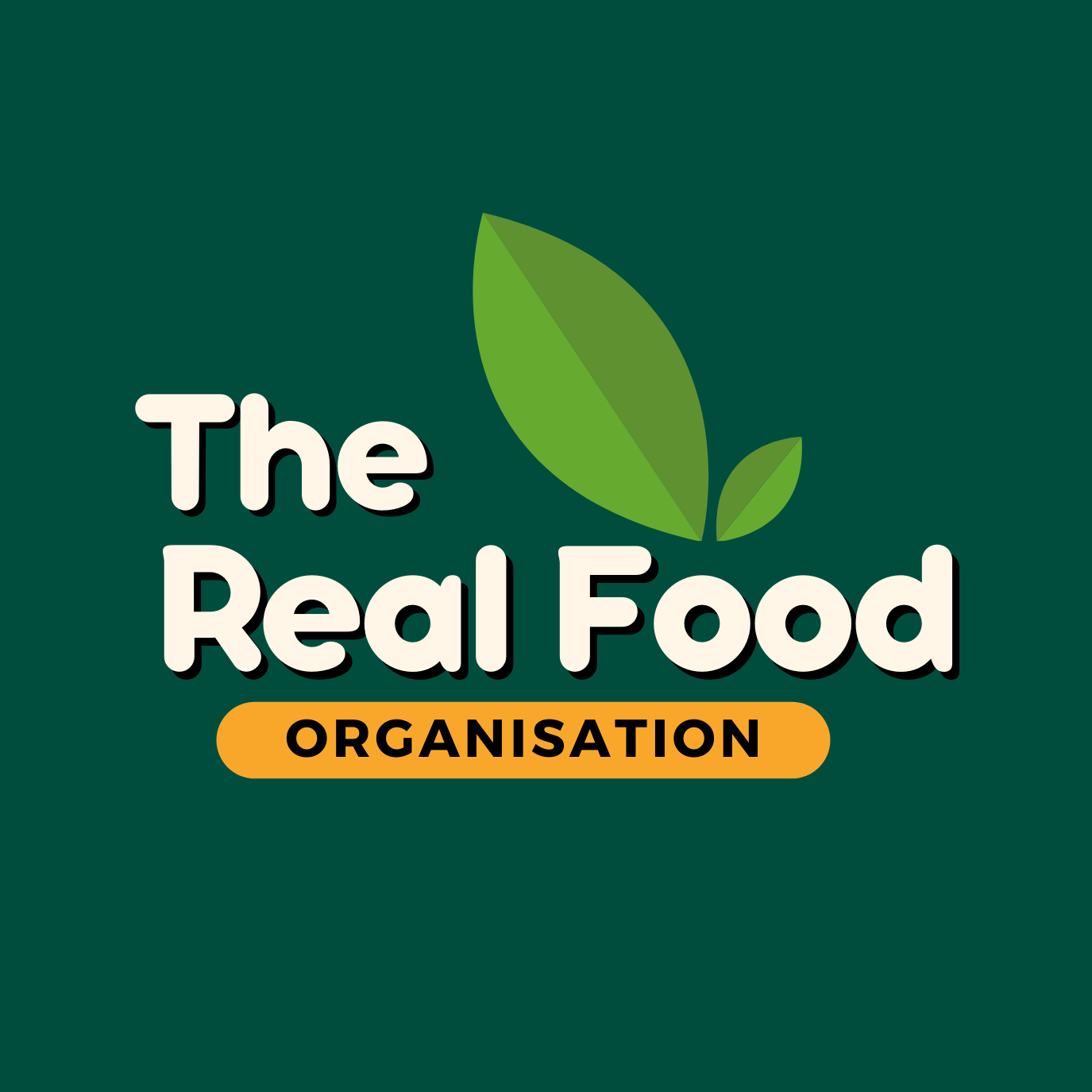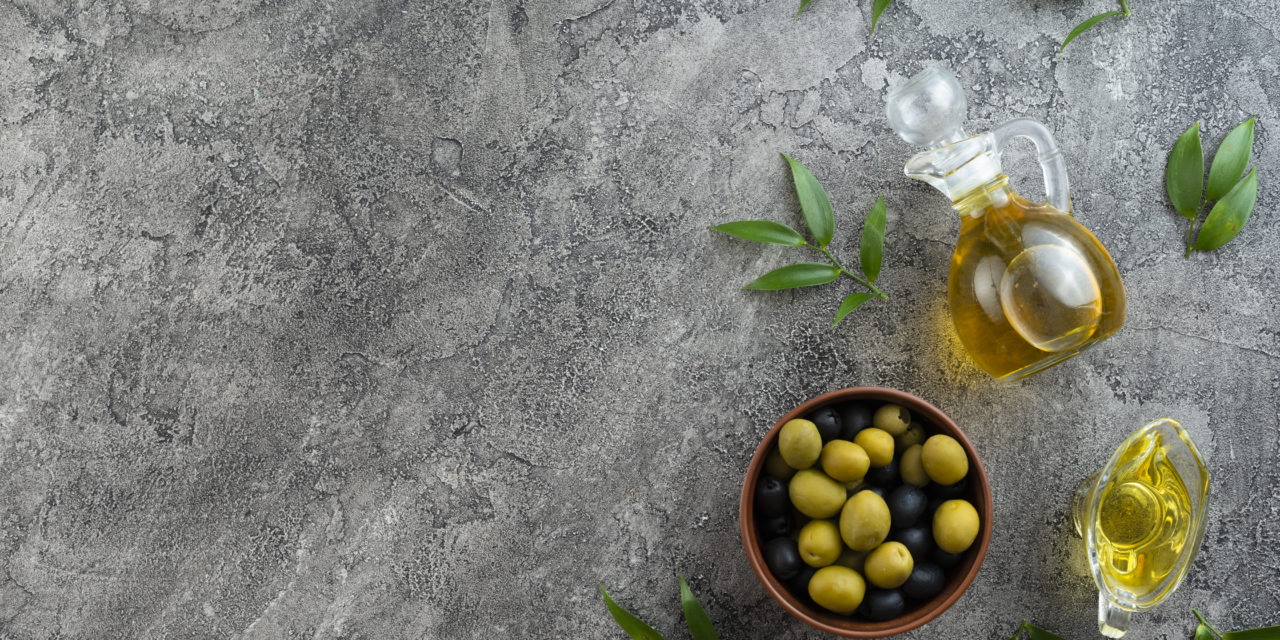The Italian culinary landscape, celebrated globally for its rich flavors and high-quality products, faces a substantial threat from organized crime, particularly in the extra virgin olive oil sector. The involvement of the mafia, often referred to as ‘Agromafia,’ in this industry is not just a mere allegation but a reality that has tangible impacts on the economy, consumer health, and the authenticity of Italian culinary tradition.
Extra virgin olive oil, revered for its pure quality derived from the first press of olives without any additives, is a cornerstone of Italian gastronomy. Unfortunately, this high regard has made it a prime target for illicit activities. The Agromafia, a term used to describe the mafia’s involvement in agricultural products, reportedly contributes to a significant portion of the mafia’s overall income, estimated at around 15% annually. This alarming statistic underlines the scale of the issue and its deep roots within the industry.
The depth of the problem was further highlighted when Italian police busted a crime ring exporting counterfeit extra virgin olive oil to the United States. This incident was not an isolated case but a part of a broader pattern of the mafia’s infiltration in the food industry. Additionally, several top Italian olive oil companies have faced accusations of selling adulterated extra-virgin olive oil, further implicating the agro-mafia’s extensive reach.
One of the most shocking revelations in this context is the extent of adulteration in the extra virgin olive oil market. Reports suggest that about 50% of all extra-virgin olive oil sold in Italy is tainted with cheaper, lower-quality oils. This issue is not confined to Italy alone; globally, the proportion of adulterated olive oil is even higher. These practices not only deceive consumers but also undermine the integrity of a product that is a national pride for Italians.
The financial implications of these fraudulent activities are staggering. The Agromafia’s involvement in counterfeiting high-quality products such as olive oil, wine, and cheese has led to an explosion of food crime in Italy, estimated to be a $16 billion-a-year enterprise. This not only affects the economy but also tarnishes the reputation of Italian products on the global stage.
In conclusion, the mafia’s involvement in the extra virgin olive oil industry is a complex and multifaceted issue that poses significant challenges. It’s not just a matter of economic fraud but also a threat to public health and the preservation of culinary heritage. Addressing this problem requires concerted efforts from law enforcement, regulatory bodies, and the public to ensure the authenticity and safety of one of Italy’s most cherished products.
The adulteration of extra virgin olive oil (EVOO) by the mafia, known as ‘Agromafia,’ presents a significant challenge for consumers seeking genuine products. With the involvement of organized crime in the olive oil industry, it’s essential for consumers, especially in the UK, to understand how to navigate the market to avoid purchasing counterfeit products.
Identifying Genuine Extra Virgin Olive Oil
Opt for EVOO: When shopping for olive oil, always choose extra virgin olive oil. Non-EVOO olive oils are a blend of cold-pressed and processed oils, making it difficult to ascertain the processed oil’s type or quality. EVOO is extracted from the first press of olives and is free of additives, ensuring the highest quality.
Specialty Retailers: Try to purchase olive oil from specialty stores. Many of these stores allow you to taste the oil before buying, which can be an excellent way to verify its quality. If such stores are not available, consider higher-end grocery stores or look for brands recommended by trusted culinary experts.
Packaging Matters: Choose olive oils that are stored in dark glass bottles or metal containers. These types of packaging protect the oil from sunlight and heat, which can degrade the quality of the oil. If you see white particles floating in the oil, don’t be alarmed; this can be a sign of genuine olive oil.
Check the Origin and Certification: Olive oil is best used within 18 months of its harvest date. Oils from California, Chile, and Australia are recommended due to their high purity standards and longer shelf life. Always check for an identified harvest estate or mill on the label. Additionally, look for seals of approval from reputable organizations like the International Olive Council (IOC), which ensure adherence to stringent quality standards.
Addressing the Issue of Adulteration
A landmark study by the University of California, Davis, and Australian researchers found that a significant portion of imported olive oils in the U.S. did not meet the internationally accepted standards for extra virgin olive oil. The study revealed that 69% of the imported oils sampled failed these standards, compared to just 10% of California-produced oils. This underscores the importance of knowing the origin of your olive oil and choosing products from regions with strict quality controls.
It’s also worth noting that the analytical chemistry methods established by the International Olive Council and the U.S. Department of Agriculture often do not detect defective oils that fail extra virgin sensory standards. This finding suggests that consumers cannot rely solely on these certifications and should be vigilant in assessing the quality of olive oil through other means, such as taste, aroma, and the reputation of the producer.
Conclusion
For UK consumers, the challenge of ensuring the authenticity of extra virgin olive oil is significant, given the involvement of the mafia in the industry. By following these guidelines, consumers can make informed decisions and enjoy the true taste and health benefits of genuine extra virgin olive oil. It’s not just about enjoying a culinary delight but also about supporting legitimate producers and standing against the illegal practices that tarnish the reputation of this beloved product.



